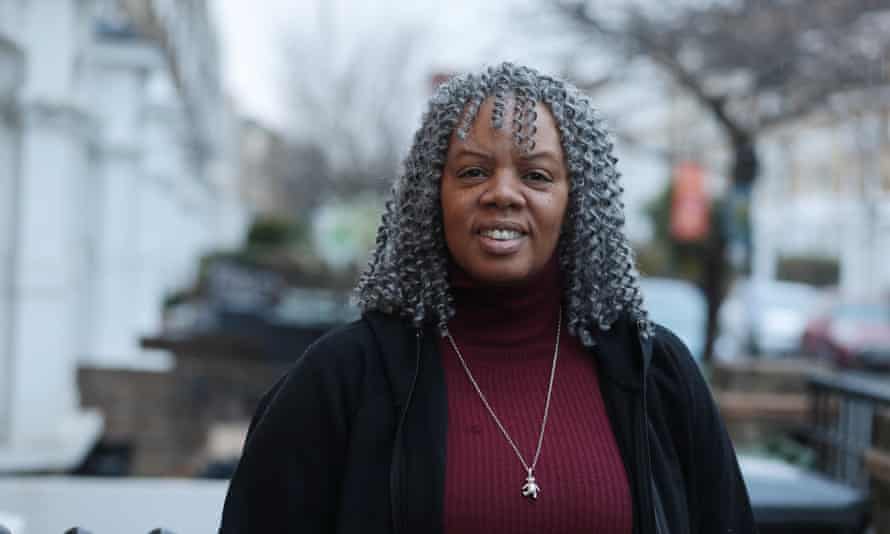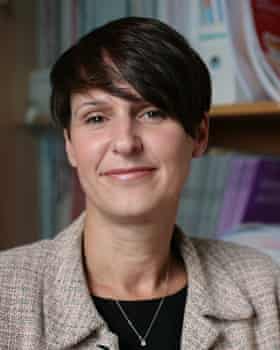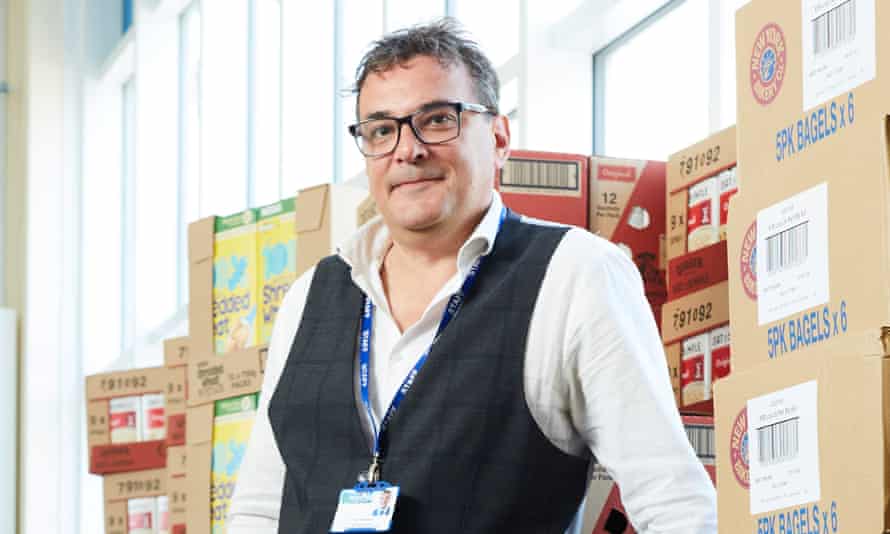
Bev Wong, a single parent from Brixton, south London, would never have taken her teenage daughters to visit a university like Oxford. It wasn’t just that she and other mums in her community didn’t believe elite universities wanted black state school kids. They also couldn’t afford the public transport to get there.
But after being approached in her local church, Wong became part of Parent Power, a programme run by the prestigious King’s College London and the community organising charity Citizens UK. The aim of the project was to listen to what was deterring under-represented parents from encouraging their kids to go to selective universities, and then train groups of parents up to talk to others and campaign for a level playing field in education for their children.
The first thing Wong’s group did was write to Oxford University. “People like me don’t have the networks or the money, but don’t think we don’t want the same things,” she says. “All the parents I speak to have big aspirations for their kids. They just don’t know who to go to to ask the questions.”
After hearing from Wong’s parent group, Oxford University sent a coach to collect them for an open day. And so many local parents and teenagers signed up that some had to be turned away.
After that the group contacted Cambridge, but this time they didn’t just ask for a coach, they said they also wanted to meet black students their teens could identify with, and to have some interactive activities.

Wong says: “When we heard back from Oxford we were like, ‘Wow, just a letter from us did this!’ The second time we had a plan about what we needed.”
For years, efforts to widen access to the top universities have focused solely on reaching out to disadvantaged kids at school. But the Brilliant Club, a charity working on social mobility, has decided real change won’t happen unless universities reach out to parents, too. The charity has set up Parent Power groups in Cardiff, Fenland and Knowsley and is planning more.
Anne-Marie Canning, the charity’s new CEO, remembers her mother being the go-to person in the Asda supermarket where she worked for any colleagues who had questions about their kids going to university. Canning’s vision is to have a network of grass-roots working-class ambassadors like her mum across the country.
Social mobility experts say this approach shouldn’t stop with universities and if ministers are serious about closing the attainment gap they need to get parents onboard at home. They argue parents are the missing link in the government’s impending schools white paper. This is expected to set a new goal of ensuring that 90% of children leave primary school have reached expected standards in reading, writing and maths by 2030. In 2019, the figure was 65%.
Susie Whigham, the Brilliant Club’s acting CEO, says the government should be encouraging parents from poorer backgrounds to engage more. “There are things parents can do like reading to their child, which can have a significant impact if it becomes a daily routine. But it needs to be communicated in a way that recognises the pressures parents face.”
Lee Elliot Major, professor of social mobility at the University of Exeter, says: “I think the government has a real opportunity to grasp the nettle by encouraging schools to develop parental engagement plans. Otherwise I fear we will not see much change in the literacy and numeracy levels.”
Elliot Major is leading a research project assessing the backgrounds of children born at the start of the millennium who ended up with less than a 4 (an old grade C) at English and maths GCSE. The researchers have found that three-quarters of children who were struggling in language tests at age three didn’t go on to achieve a pass (grade 4) in maths and English at 16. He says this means they will struggle to read a train timetable or understand a pay slip.
He is calling for a public campaign about the importance of parents spending 20 minutes a day reading with their children. “Schools are not a sufficient force in addressing the country’s scandalously high illiteracy and innumeracy rates,” he says, adding that as a minimum it is “absolutely key” for parents to read to their children in the early years.

Prof Becky Francis, the chief executive of the Education Endowment Foundation, a charity focusing on removing social inequality, says its research has shown getting parents involved can lead to four months’ progress over the course of a year for pupils. But the catch is there is no clear consensus on what actually works in pulling in parents. “We’ve tested several approaches but the constant message is it’s just really difficult,” she admits.
On one engagement programme it piloted, attendance quickly tailed off among parents from lower-socio economic groups, while middle-class parents continued to turn up. She admits this is a problem: reaching out to parents risks giving the sharp-elbowed middle-classes further advantage and widening the attainment gap even further.
She says: “These parents have often had a negative experience of school themselves and they find them intimidating places.”
The head of an inner-city primary school, who asked not to be named, says: “Parents who live in poverty often didn’t have that support when they were children.”
Her school is offering disadvantaged families an iPad loan after half-term so they can access online books purchased by the school. She says: “We will book in workshops again for parents, but the turnout for these is usually low. We’ve never cracked this.” She says some of her school’s parents can’t read English and may not be literate in their first language either, which makes encouraging them to read stories to their children much more challenging.
Research by the National Literacy Trust has found that many children live in houses with no books, and one in 11 children in poorer households do not own even one book of their own.
Liberty Venn, the founder of charity the Children’s Book Project, says poverty is increasingly a factor: “If you’ve got to choose between feeding your kids, buying new school shoes or paying for heating, of course you will swerve the book aisle in Tesco.”
Venn’s charity aims to give out 250,000 nearly new books this year to children in the most deprived primary schools in the country.

Chris Dyson, the head of Parklands school, one of the most deprived primary schools in Leeds, says persistence is key. A lot of his parents have “really bad” memories of their own time at school. When he took over he says he invited all the parents in to hear his plans and bought 80 doughnuts from Marks & Spencer as an enticement. Only a handful turned up. But he kept inviting them, and buying doughnuts, and before the pandemic he had up to 150 parents turning up for his weekly “all singing, all dancing” assembly.
“It’s about perseverance,” he says. “And if you do things well, word gets around.”
He has other ways to bring families in. The school runs a cooking club where kids and parents can cook together. It is so popular, he now opens the school for the club in the holidays. “They are taking home a chicken chasseur that will feed their family of five for a fiver and they think that’s brilliant,” he says.
As a result, parents now sign up for workshops on how to help their child with reading or maths, and for training to improve their own lives, such as interview skills.